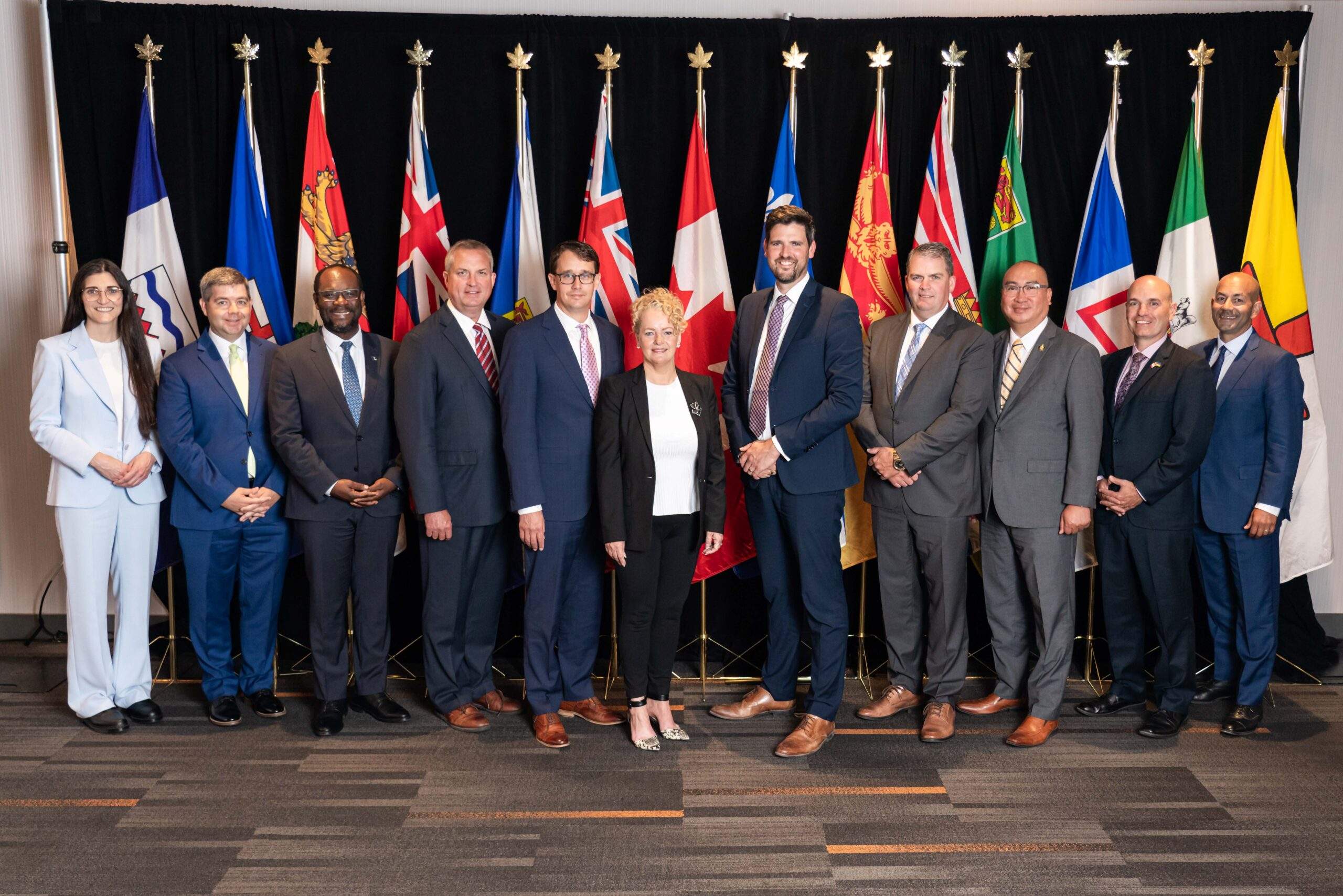Listen to this article: [tta_listen_btn]
- The FMRI (Forum of Ministers Responsible for Immigration) discussed increasing PT involvement in economic immigrant selection and PNP allocations, improving processing times, and reducing duplication.
- The ministers condemned Russia’s invasion of Ukraine and discussed the humanitarian response, emphasizing the need for a collaborative multilateral approach to cost and information sharing.
- The FMRI recommitted to delivering a more agile, client-centered economic immigration system, improving settlement and integration efforts, and maintaining complementary and flexible programs.
Introduction:
Halifax, Nova Scotia: The Forum of Ministers Responsible for Immigration (FMRI) held a meeting on March 10, 2023, at the Canadian Museum of Immigration in Halifax, Nova Scotia. The ministers discussed the future of Canada’s immigration system, advancing joint initiatives to respond to pan-Canadian immigration priorities and improving the effectiveness of the system to meet economic and regional needs. This article will provide an overview of the discussions and outcomes of the meeting.
Increasing PT Involvement in Economic Immigrant Selection and PNP Allocations:
At the FMRI meeting, ministers discussed increasing provincial/territorial (PT) involvement in economic immigrant selection and increasing allocations in the Provincial/Territorial Nominee Programs (PNPs). The ministers welcomed IRCC’s first-ever Multi-Year Allocation Plan, which includes an unprecedented 44% growth in PNP allocations for 2023. The plan also includes notional allocations for 2024 and 2025. Ministers also discussed finding ways to improve application processing times, reducing duplication, and providing greater agency over PNPs.
Humanitarian Response to the Developing Situation in Ukraine:
At the meeting, the ministers condemned Russia’s invasion of Ukraine and discussed how Ukrainians and their family members who are fleeing Russia’s aggression and violence have been welcomed and supported. Ministers reviewed the initial results of the Ukraine Rapid Impact Evaluation, taking stock of the policies and supports put in place related to Canada’s immigration response. Ministers discussed the impacts of the response on PTs, communities, and municipalities, as well as immigration stakeholders. Ministers continued to emphasize the need for a collaborative multilateral approach to cost and information sharing to ensure newcomers are welcomed in a coordinated and comprehensive manner.
Foreign Credential Recognition (FCR) and Labor Shortage Issues:
The FMRI meeting focused on collective priorities on FCR, particularly as it relates to internationally-educated healthcare professionals (IEHPs). The ministers recognized the important role of immigration and the FMRI in responding to labor shortage issues, with PTs collaborating towards better credential recognition for new Canadians. The ministers agreed to collectively focus on key areas, including in the selection stage, understanding the complex regulatory environment, advancing the quality of FCR pre-arrival information sharing, and enhancing federal, provincial, and territorial (FPT) collaboration, particularly with the Forum of Labour Market Ministers.
Delivering a More Agile, Client-Centered Economic Immigration System:
At the FMRI meeting, the ministers recommitted to working together to deliver a more agile, client-centered economic immigration system where there is increased PT involvement in the selection of economic immigrants. The ministers noted the distinctive and essential FPT government roles and responsibilities that contribute to Canada’s immigration system and the need to maintain complementary and flexible programs. The ministers discussed the necessity of improving federal immigration processing times for both temporary and permanent pathways. The FMRI placed a collective focus on ensuring the effectiveness of the immigration system in meeting economic and regional needs and continued to recognize that PT knowledge of regional labor market needs is an advantage that must be leveraged.
Settlement and Integration Efforts:
At the FMRI meeting, the ministers reflected on past service delivery models, the current approach, and what may be needed in the future for the delivery of settlement services, with an emphasis on exploring opportunities to better support outcomes and retention, including greater PT involvement and enhanced funding. The ministers noted the value of locally-informed, flexible, and responsive services that support immigrants’ integration and retention in their PT of landing. The ministers agreed to discuss service delivery models and the role of the federal, provincial, and territorial governments at the next FMRI meeting.
Conclusion:
The FMRI meeting showcased the commitment of federal, provincial, and territorial governments to working together to improve Canada’s immigration system. The ministers discussed a range of issues, including increasing PT involvement in economic immigrant selection, responding to the developing situation in Ukraine, and improving settlement and integration efforts. The ministers also focused on FCR and labor shortage issues and recommitted to delivering a more agile, client-centered economic immigration system. The FMRI’s mission is to advance joint immigration priorities and to enhance Canada’s immigration policies and programs, and this meeting was an important step in achieving that goal.
You might be interested in:
Report- Thousands of International Workers pushed into a corner by the IRCC’s delays












